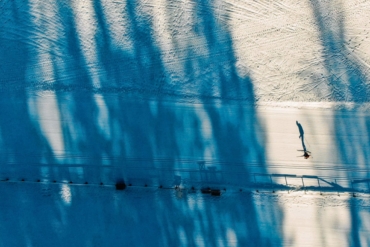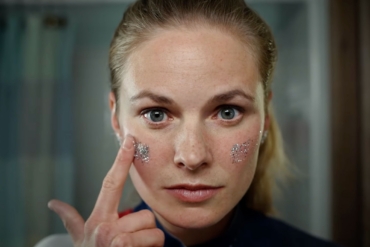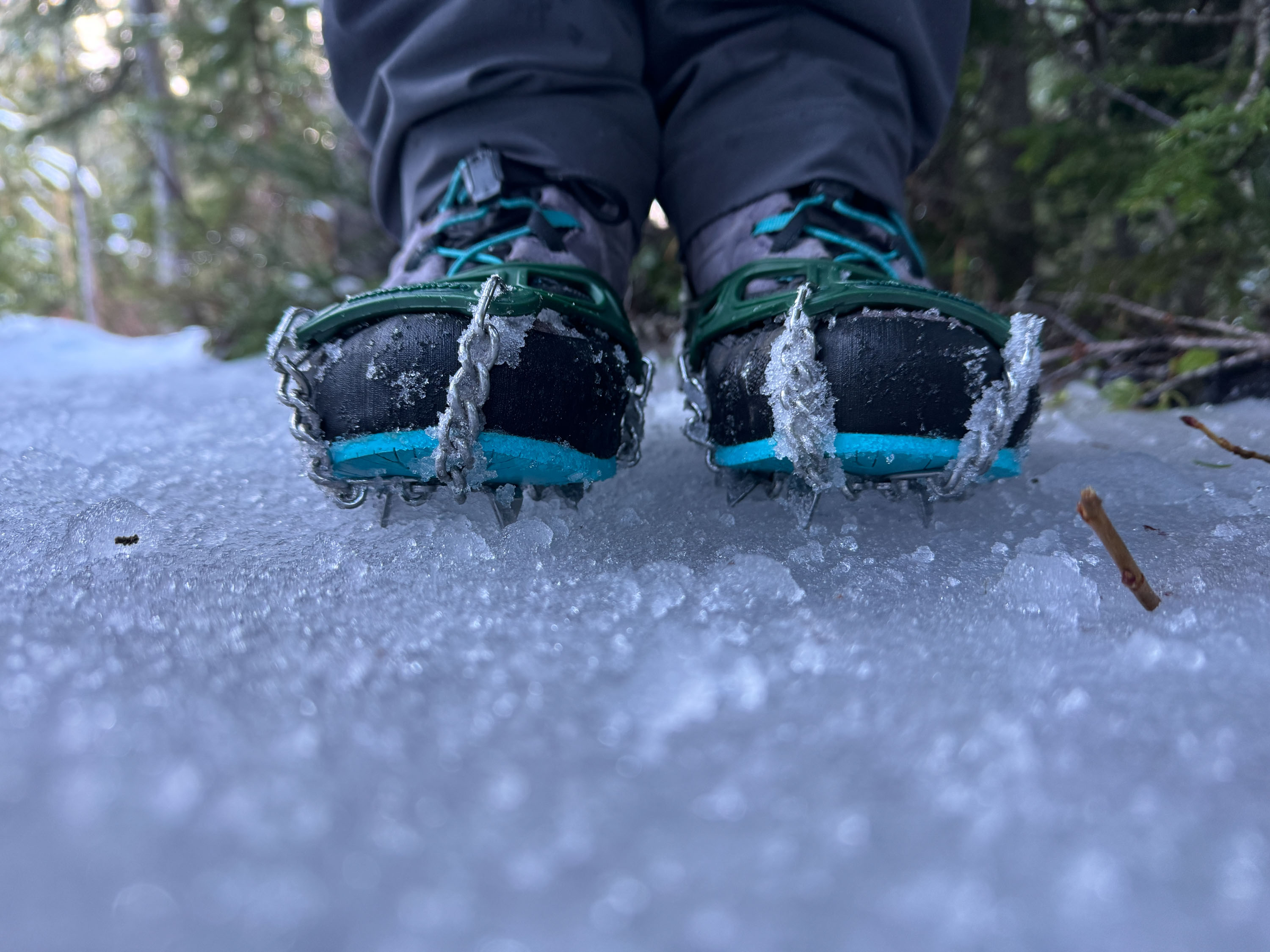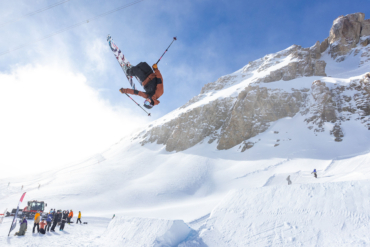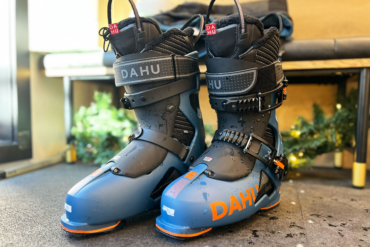Men and women ride the same events but don’t earn the same prize. Skiing’s most extreme stage is finally making a change.
After years of pay disparity between genders, Freeride World Tour officials have changed the rules. Starting this year, winners will receive equal prize money no matter their gender.
“This is a major step forward to elevate women freeride skiing and snowboarding … Our women athletes have proven their engagement in the sport with huge progression showcased these last years,” said FWT CEO Nicolas Hale-Woods.
Equal Pay in Snowsports
Progress does not mean instant gender equality, though. A BBC study on prize money looked at which sport organizations offer an equal prize for men and women, and which do not. Gaps in pay for professional athletes are more common (and more ridiculous) than you’d think.
For example, for the 2017 ski jumping World Cup, the International Ski Federation (Fédération Internationale de Ski; FIS) paid women 2,415 Euros. Men earned 8,049 Euros — over three times the amount for the same event. For cycling, the UCI paid men double and triple what it paid women in events like the Tour de France, road discipline World Tour, and cyclocross. Similar prize gaps are evident in sports like golf, surfing, and even soccer.
Of course, disparity lies not just in pay, but also in participation. For the first decade of the FWT, women couldn’t even compete in all the competition categories — just snowboard. Now that more women are participating in the sport, organizations are recognizing the need for equal pay and recognition.

A Deeper Look at Equality in Sports
According to Women in Sport, a U.K. nonprofit advocating for female athletes, women’s sports sponsorship accounted for only 0.4% of total sponsorships between 2011 and 2013. (The figure was roughly the same in 2018.)
And when fewer women are sponsored, there is less recognition. Media coverage of female athletes shows a similar disparity, accounting for only 7% of total sports coverage.
The issue lies not only in equal pay and recognition but in equal promotion of female athletes. In 2018, no women made Forbes’ top list of 100 highest-paid athletes. Zero out of 100. Women are not only being paid less professionally but make less in competitions and earn fewer sponsorships than men.
And sponsorship disparity doesn’t fall on any one sport. If you look at any brand’s roster of sponsored athletes, chances are high that female athletes are far less represented than their male counterparts — in everything from skiing to mountaineering.
We analyzed the rosters of a few major brands and found that the number of male athletes listed outnumbered the women on most.
Even for female athletes at the highest level of performance, gender inequality exists. Women and men did not compete in the same number of sports in the Olympics until 2016, although men still competed in more events. In a study conducted by the Women’s Sports Foundation, male athletes consistently continue to outnumber women in the Olympics.
Gender Equality Efforts
Aside from the FWT, the FIS offers equal pay in prizes to skiers in cross-country and alpine categories. In fact, some female athletes in the Alpine World Cup have out-earned male athletes.
Well-known snowboard brand Burton first offered equal prize pay at the Burton U.S. Open in 1982. And the World Surf League announced equal pay for prizes in 2018. The IFSC pays male and female climbers equally, FINA pays equal prizes for swimming, and IRONMAN pays equal as well.
In the early 2000s, the International Olympic Committee formed the Women in Sport Commission to promote equal participation opportunities. Brands like adidas and Tecnica have launched global initiatives surrounding fair female representation in sport and media.
But it seems like the focus on gender equality in sports is put on media coverage, instead of, more importantly, permanent policy changes to fix the gender wage gap.
This year, the FIS has pledged to work toward equality in winter sports with its Gender Equality Forum, citing changes to policy and funding.
Also this year, leadership organization Camber Outdoors published a survey-based study on gender equality in the outdoor industry — specifically regarding workplaces and leadership. While not directly related to athletes, the study sets a high bar for equality in sports and the outdoors moving forward.
It’s 2020, and, unfortunately, there’s still a long way to go regarding equal pay and gender equality overall. But the Freeride World Tour’s equal prize pay announcement is a step in the right direction.




